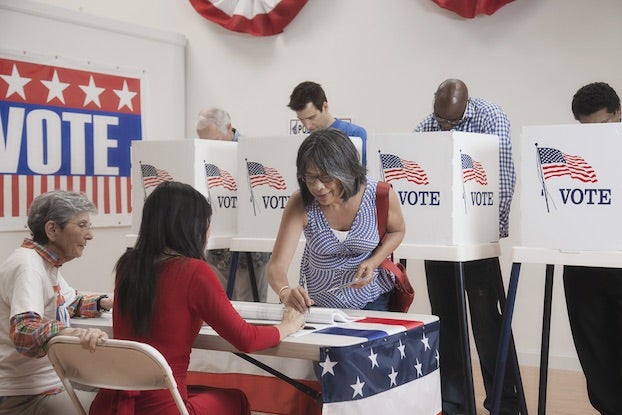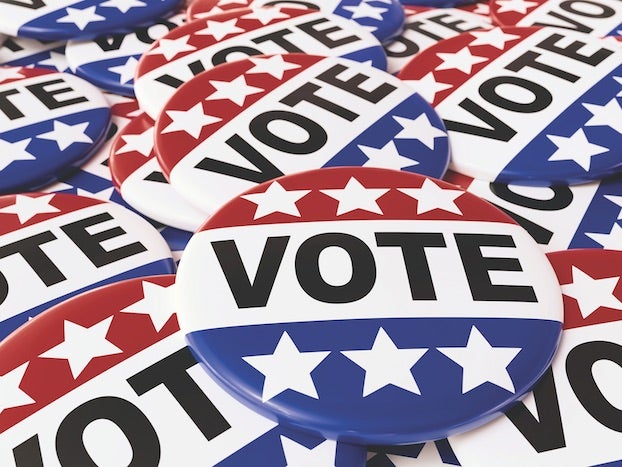Non-unanimous jury case is in high court
Published 6:00 pm Sunday, September 1, 2019
Louisiana state Attorney General Jeff Landry has injected himself into another court case, this one involving the unanimous jury constitutional amendment approved 64-36 percent by state voters last November. The case Landry wants to be in on is scheduled for an Oct. 7 hearing before the U.S. Supreme Court.
The 10-2 verdicts previously used in Louisiana’s non-capital court cases ended for cases beginning on Jan. 1, 2019, when unanimous decisions took effect. In 2016, Evangelisto Ramos was convicted of murder with a 10-2 verdict and sentenced to life in prison, and he argues that decision violated his federal constitutional rights.
The state’s 4th Circuit Court of Appeal affirmed the conviction and sentence, and the Louisiana Supreme Court denied review. The U.S. Supreme Court will decide whether the U.S. Constitution’s 14th Amendment fully incorporates the Sixth Amendment guarantee of a unanimous verdict.
The Advocate reported that Landry and members of a high-powered Washington, D.C., law firm will face off against lawyers representing Ramos before the high court on Oct. 7. Ramos has support from 10 groups and the attorneys general of eight states and Washington, D.C.
Landry’s court brief said, “In addition to casting doubt on every pending felony trial in Louisiana for crimes committed before Jan. 1, 2019, a mandatory unanimity rule will have serious consequences for post conviction review. Thousands of final convictions in Louisiana and Oregon (that still has 10-2 verdicts) could be upset if such a new rule were later declared retroactive.”
The 1898 Louisiana constitution established 9-3 jury verdicts, and that was changed to 10-2 verdicts in 1973. The U.S. Supreme Court a year earlier narrowly endorsed split verdicts in state courts, but not in federal courts.
Experts in constitutional law believe the high court is likely to overturn its 1972 ruling that non-unanimous juries were OK in the states, according to The Advocate. It added, “Otherwise, they reason, why did the court vote to revisit the question after 46 years?”
Landry said he hopes it won’t happen, adding the court has had traditional respect for its own past rulings. “There is no ‘special justification’ for the court to abandon nearly 50 years of precedent holding that states have discretion to permit convictions by a non-unanimous vote,” he said.
How the ruling would affect Louisiana because of last year’s amendment requiring unanimous verdicts in non-capital cases after Jan. 1 remains to be seen. Oregon has decided to await the court’s decision before trying to change its 10-2 verdict law.





